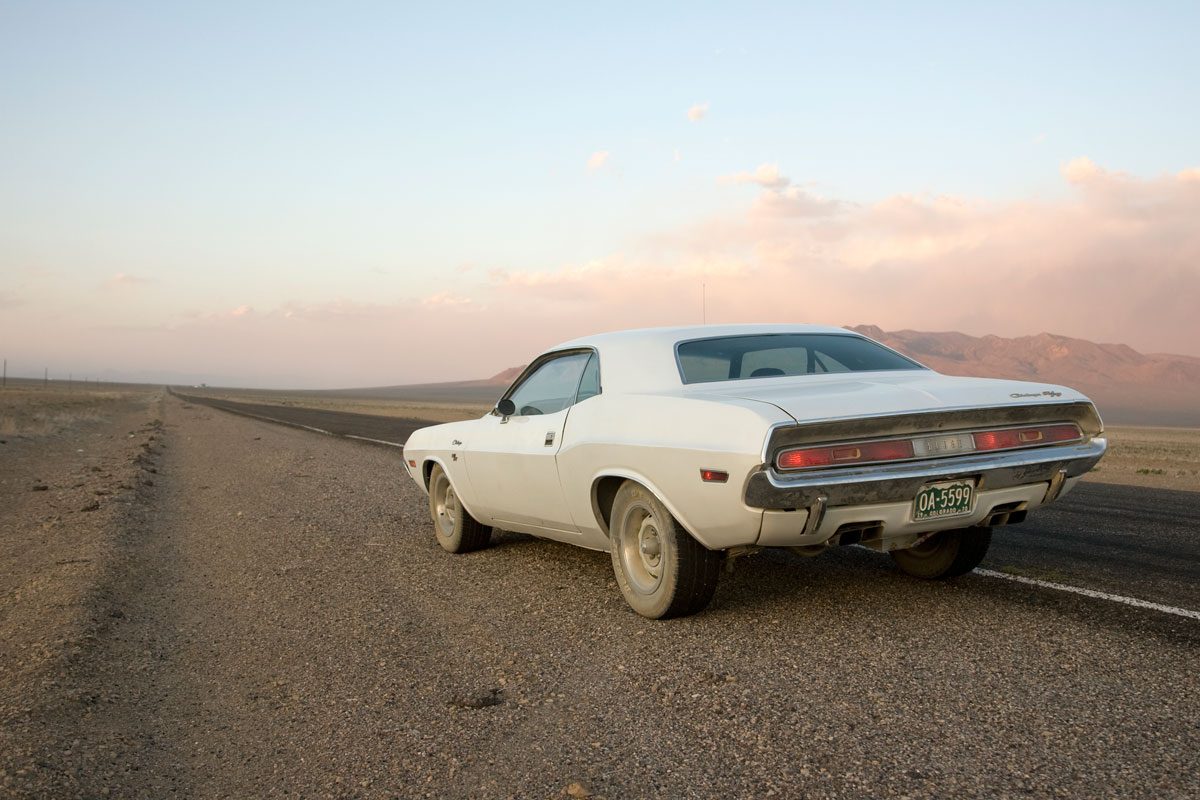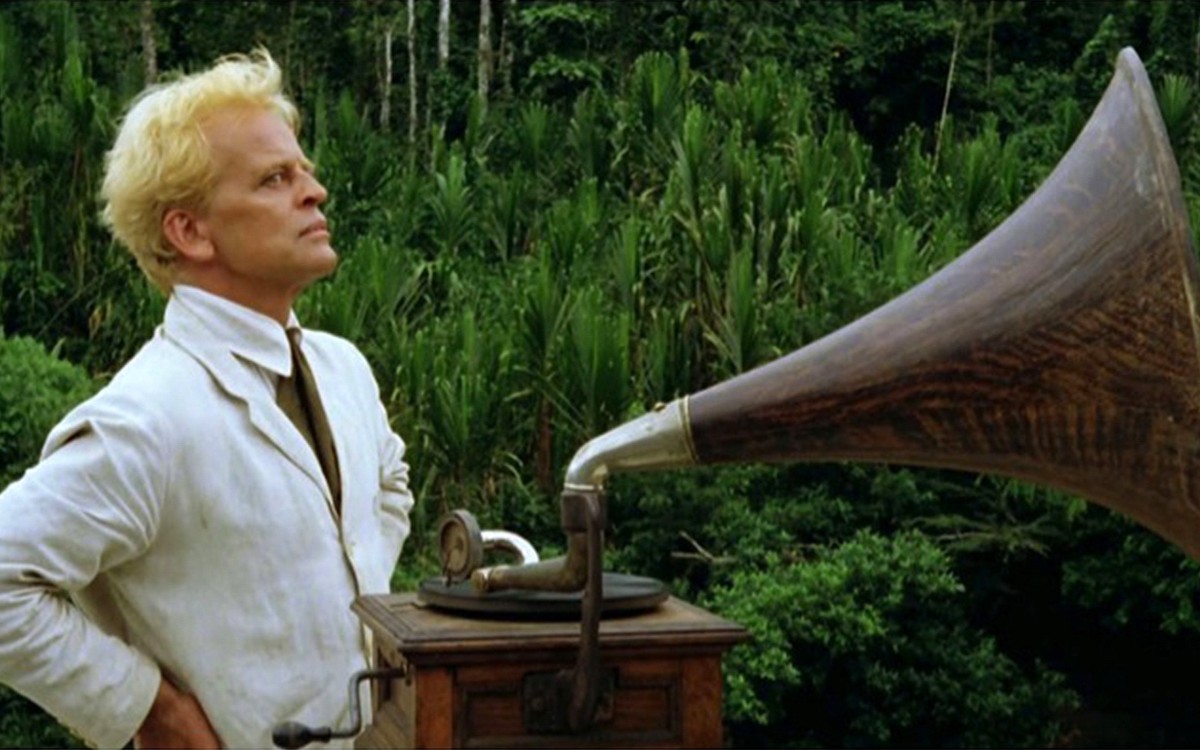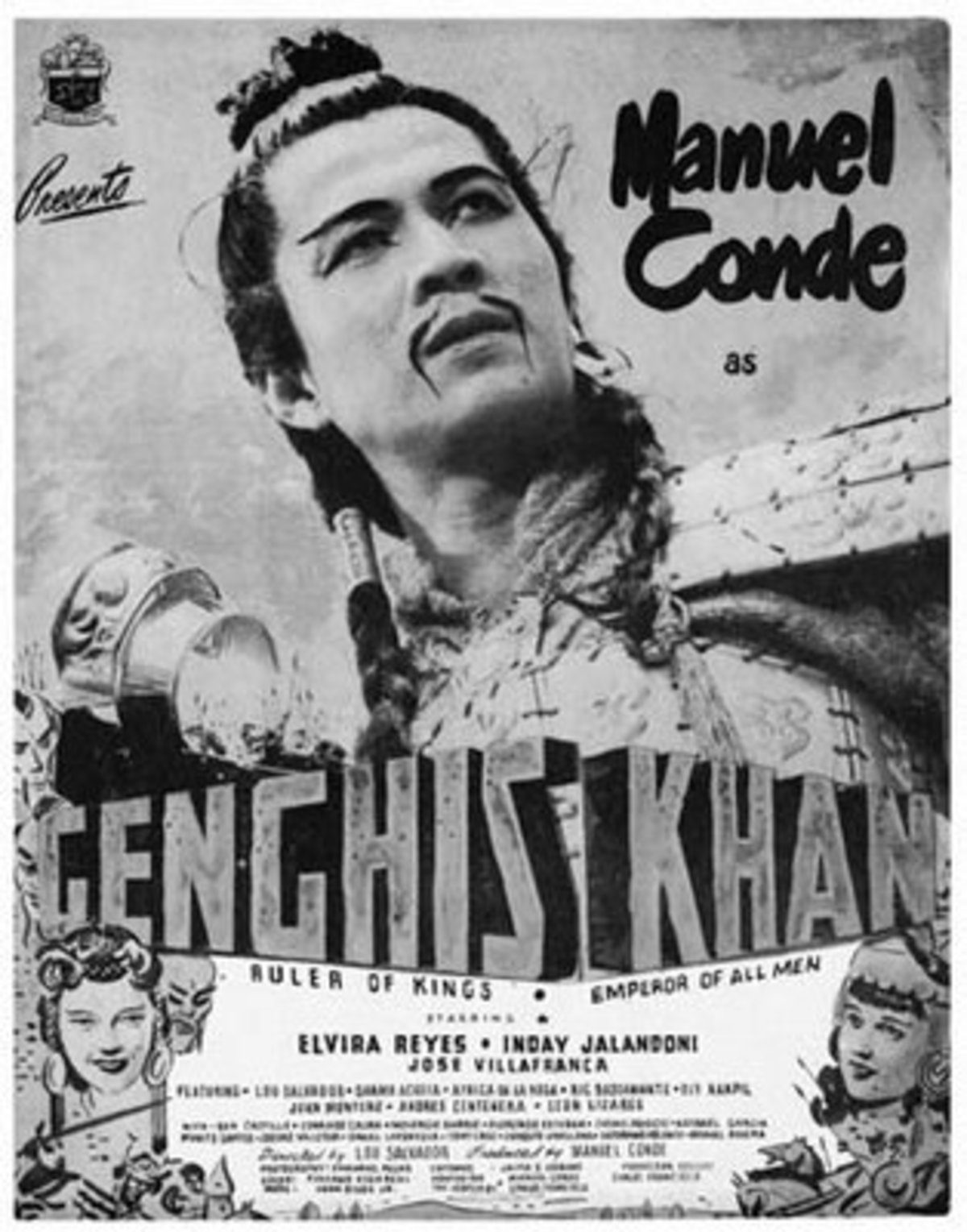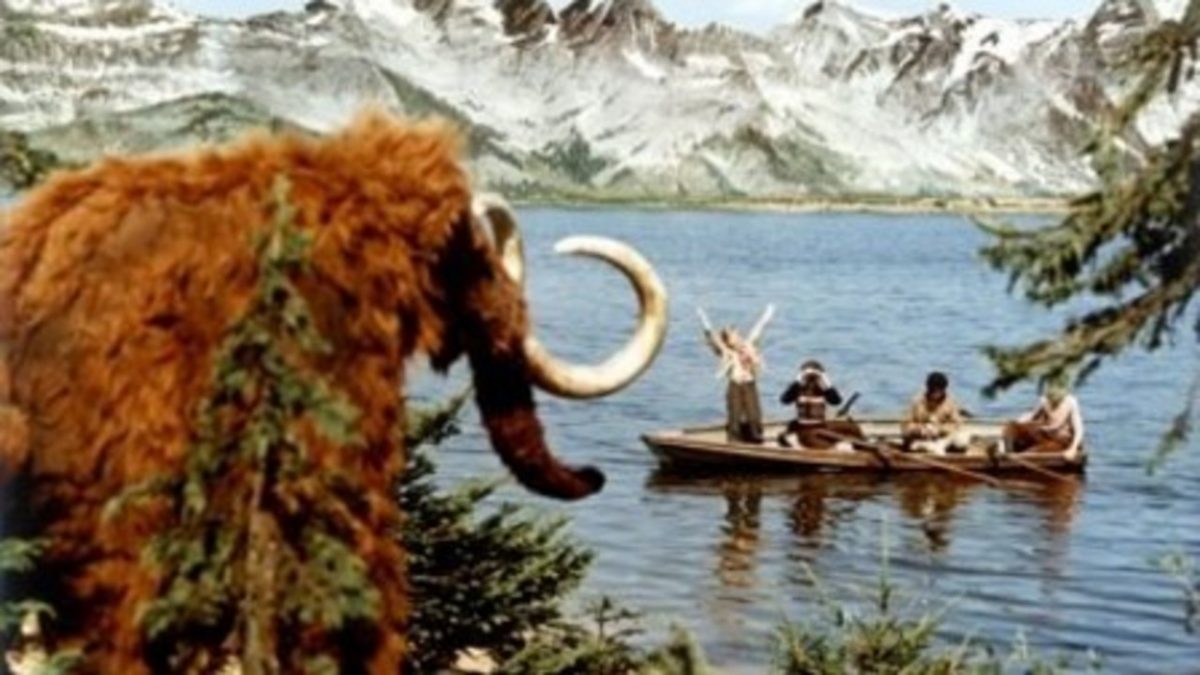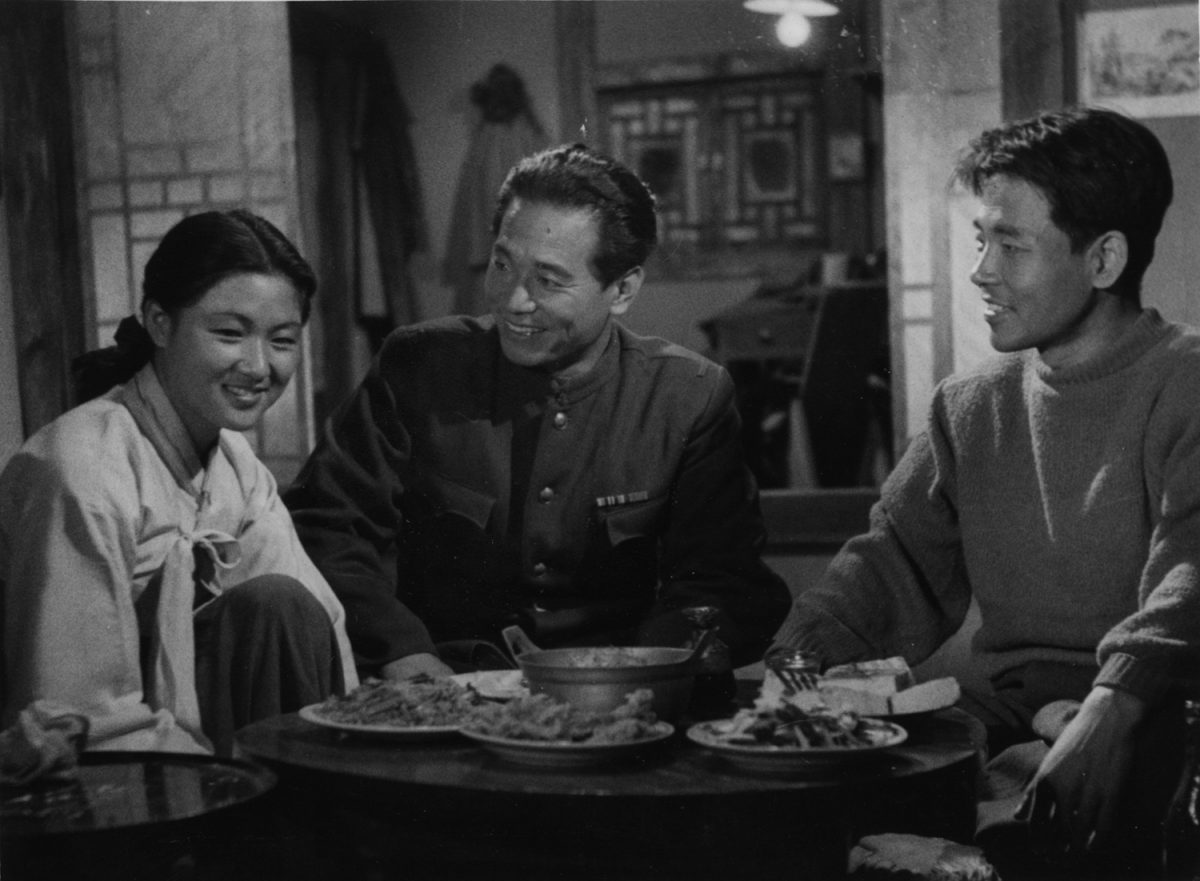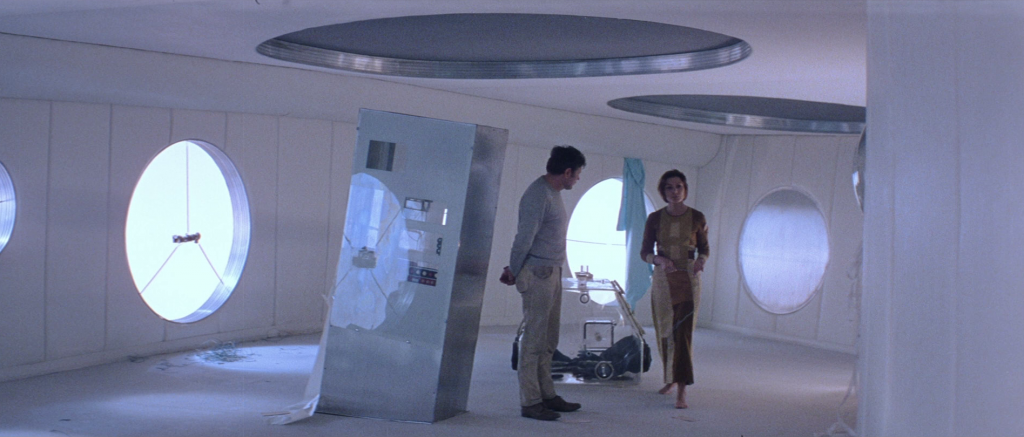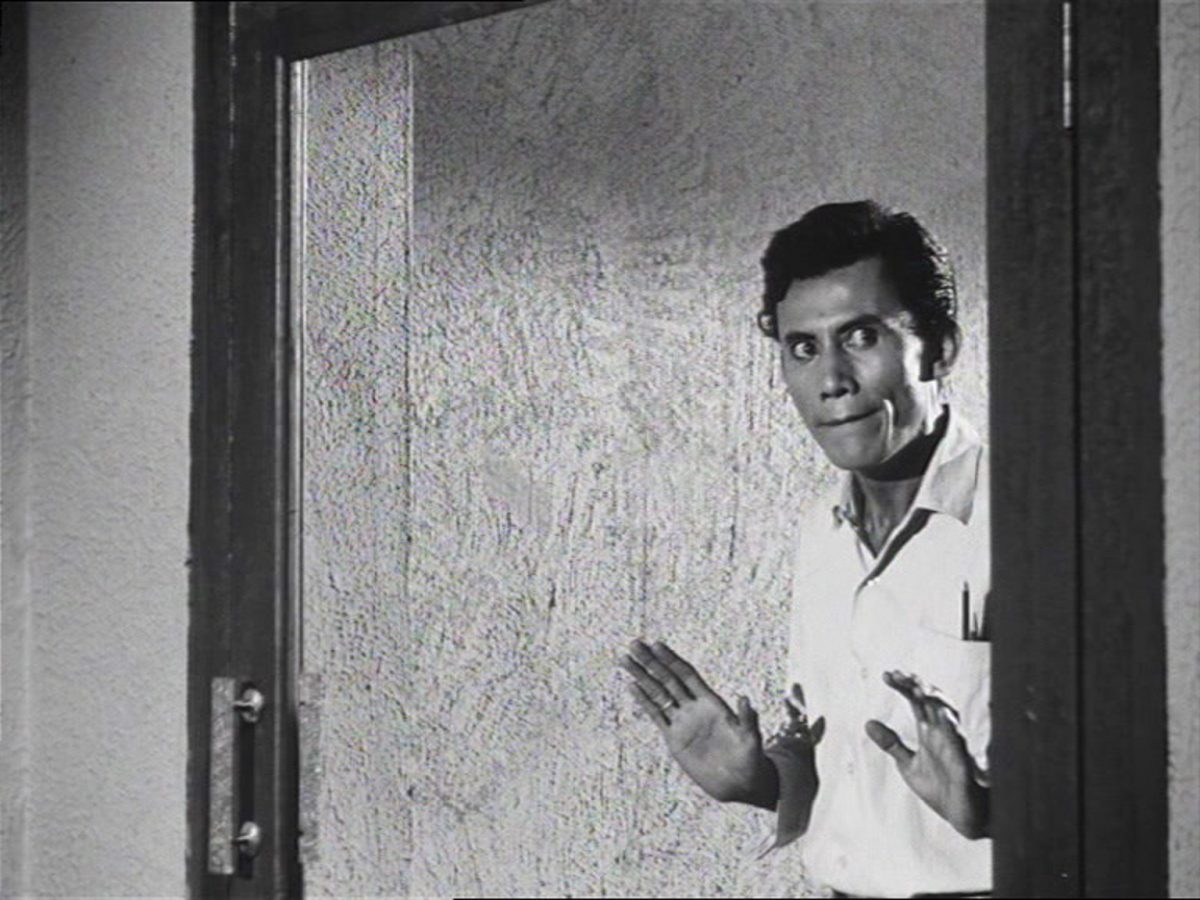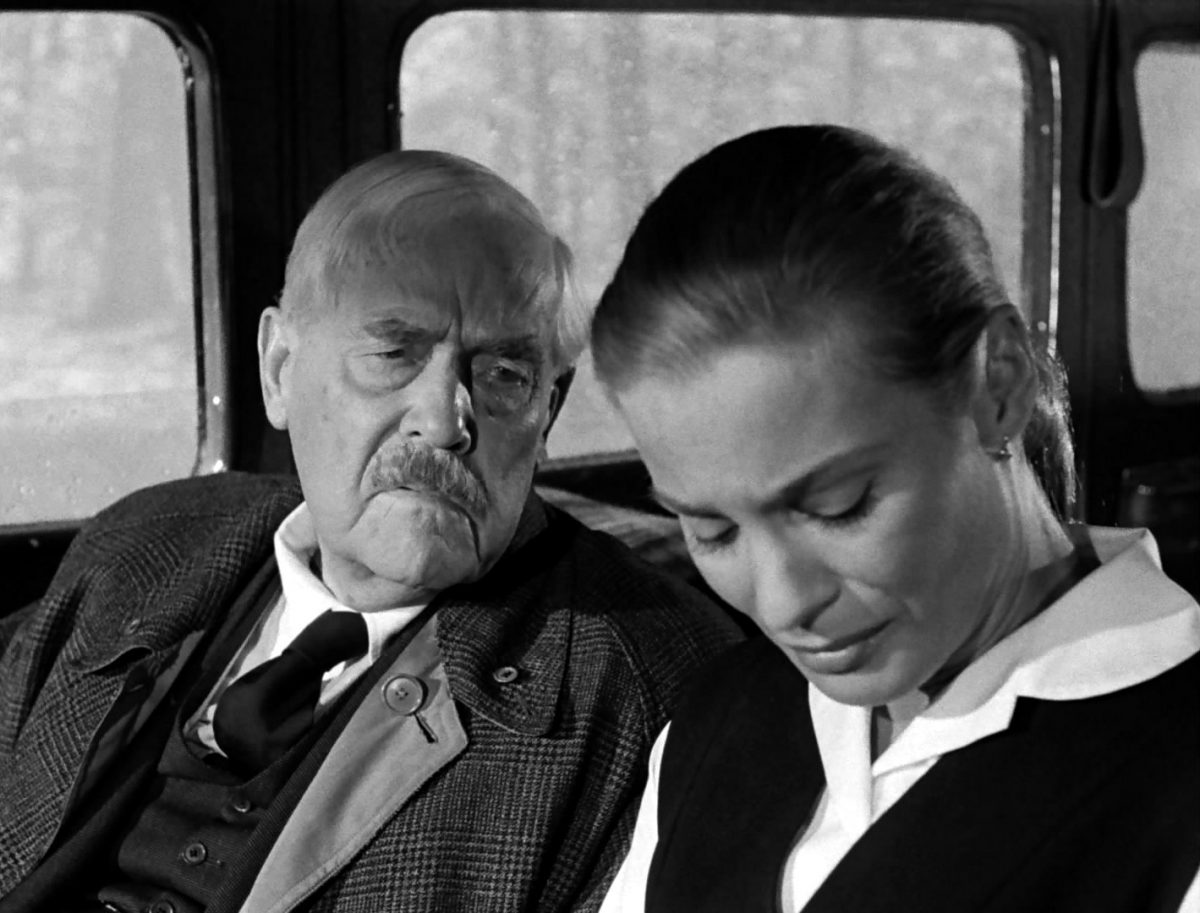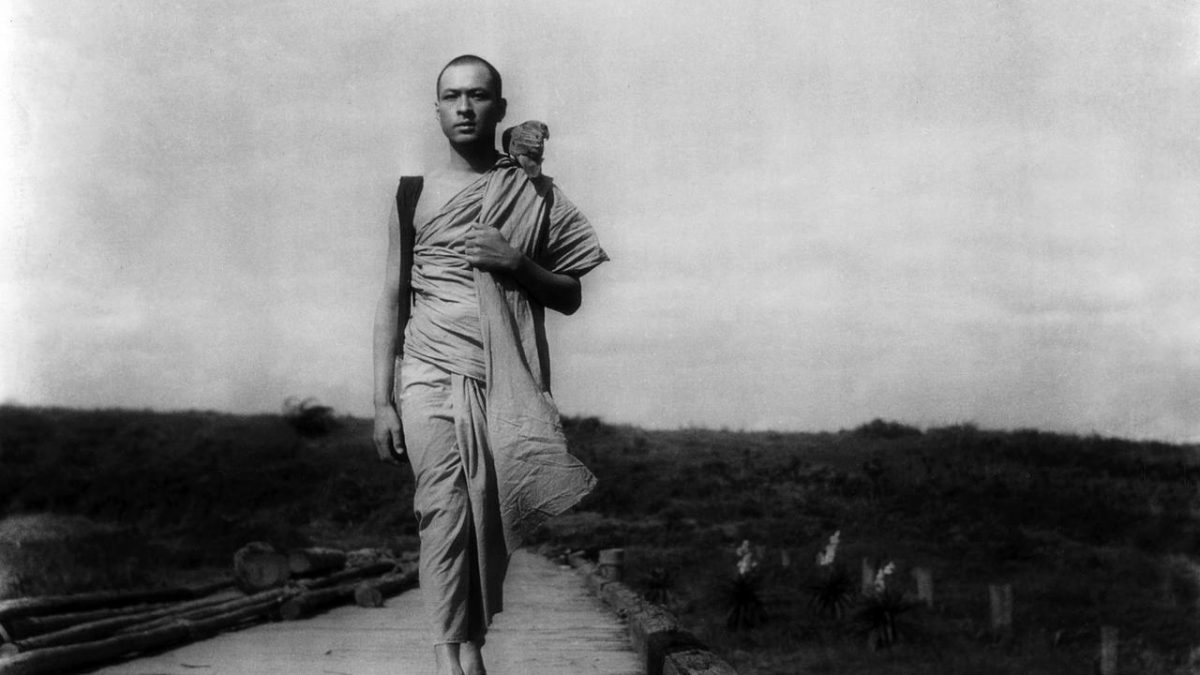Richard C Sarafian
USA – 1971

Screenplay: Guillermo Cabrera Infante, Barry Hall
Cinematography: John A. Alonzo
Production: Cupid Productions
Language: English
Duration: 99 min
Color: Color
Synopsis: Kowalski works for a car delivery service. His job getting a 1970 Dodge Challenger from Colorado to San Francisco turns into a bet that he can make the trip in less than fifteen hours. After a few run-ins with motorcycle cops, the highway patrol launches an operation to bring the speeding law-breaker into custody. Along the way, Kowalski’s car radio remains tuned to the KOW station from where Super Soul, a blind show host equipped with a police radio scanner, uses the airwaves to communicate with our rebel without a cause. Following countless chase scenes, gay hitchhikers, a naked woman riding a motorbike, lots of Benzene and Benzedrine, the last American hero’s ride finally catches up to the opening of the film in a glorious fireball of muscle and motor parts.



